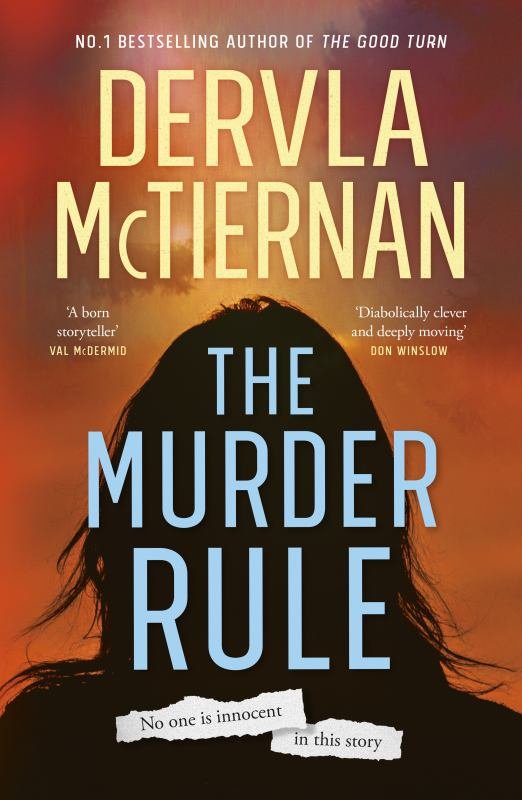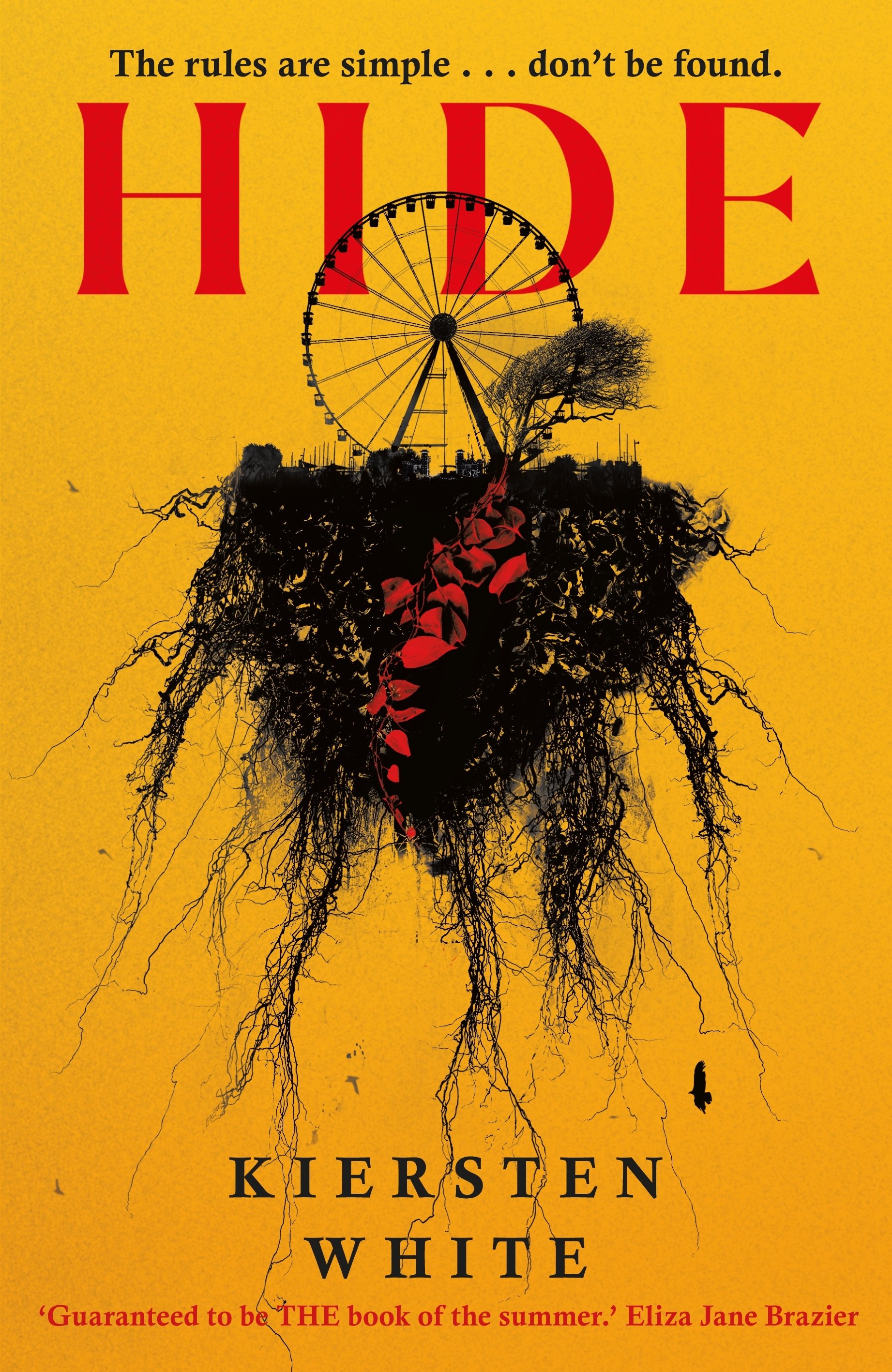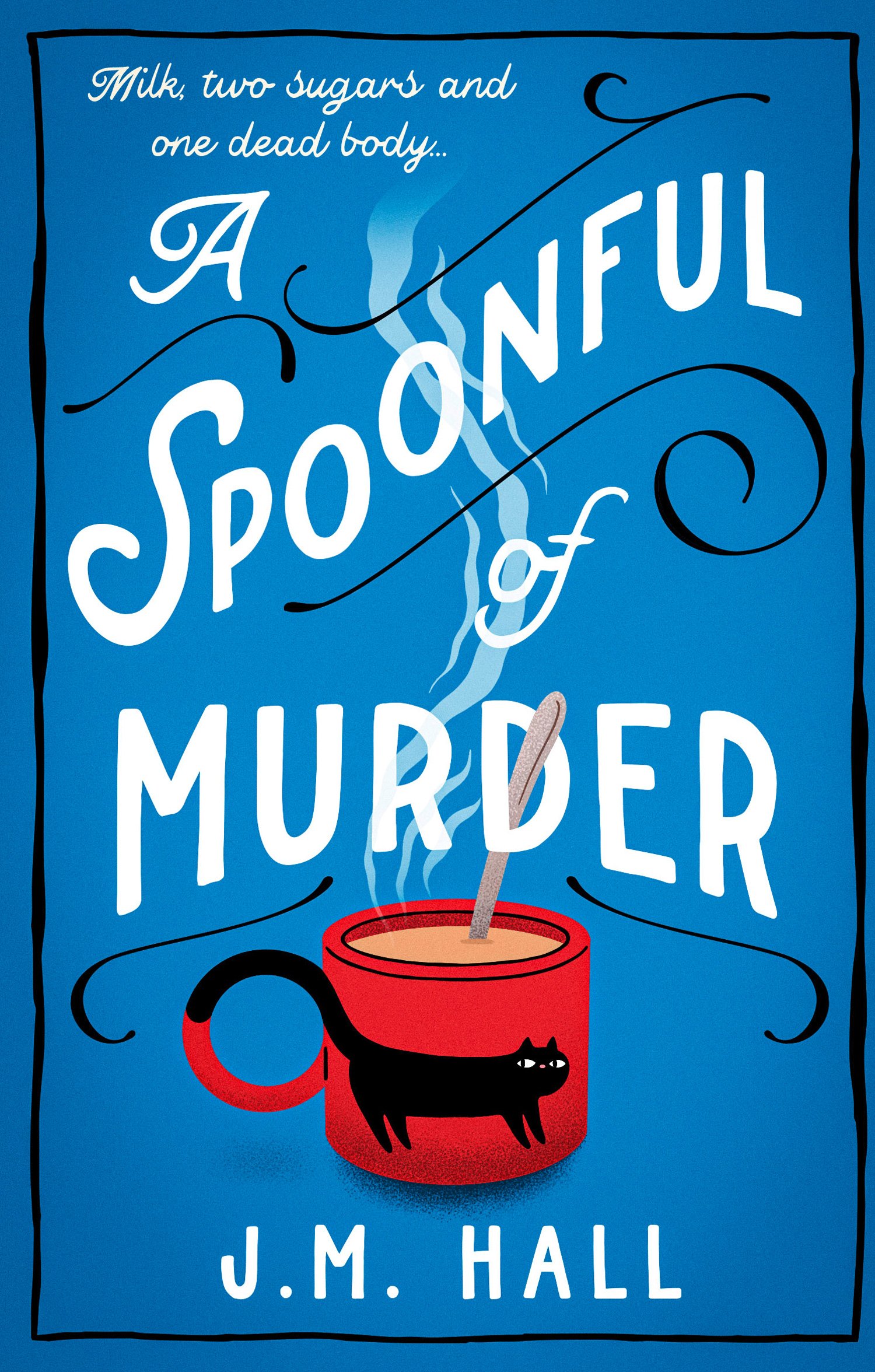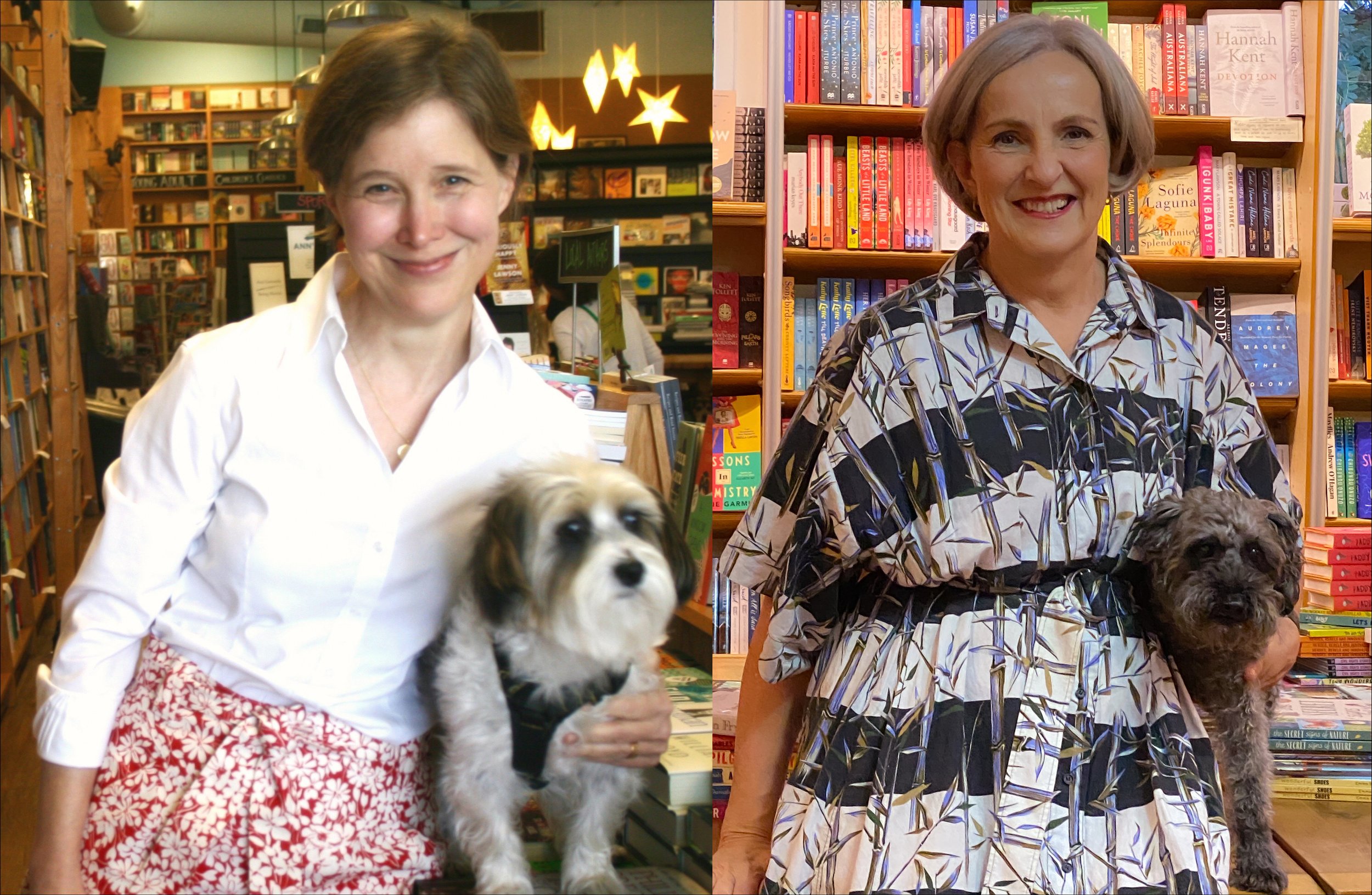by Britt, Laura, and Vicky
Most readers thoroughly enjoyed reading Lessons in Chemistry, finding it an easy read with an interesting cast of characters. Some were unreserved in their praise, saying it was just the sort of light, upbeat read they needed after a string of more serious books. Others said that they had to suspend their sense of reality and just ‘go with it’ in order to enjoy the ride. However, for a small minority, the book’s cliches, happy resolutions and unrealistic aspects made it quite irritating.
Opinions on Elizabeth ran the full gamut with some readers finding her very real and fully fleshed out and others thinking that her talents as a chemist, cook, rower and charismatic TV personality gave her and the book a cartoonish quality. Her background was truly heartbreaking, and not unlike many heroes/heroines in literature, she had only herself to rely on. We wondered how her life would have panned out if she was not strikingly beautiful. Would Calvin have been attracted to her, would the rowers have accepted her and would she have made it on to TV?
Many readers thought she made things a bit hard for herself with her black and white thinking and refusal to compromise. This led to discussions about how women use their femininity and hide more masculine traits in the workforce. While many were appalled that this still happened, others felt that while it shouldn’t be necessary it was a legitimate weapon in a woman’s arsenal to smooth the path forward in their careers. Legitimate or not, using feminine wiles and not upsetting the status quo were not tools available to Elizabeth and we wondered whether her ‘bull at a gate’ approach was a product of her tough upbringing and need to survive in her ‘dog eat dog’ profession or whether she was born on the autistic spectrum. Much of the dialogue consisted of Elizabeth puzzling over how others made conclusions, which made for highly amusing encounters, and as readers we were impressed by Elizabeth’s clearheaded thinking.
While some loved her ‘take no prisoners’ approach, others thought she would have been difficult to be around. Despite this, we all thought she was highly resilient, moral to a fault, intellectually honest and a good mother - although some questioned her reading choices for her daughter thinking Hemingway and Faulkner a bit much for a five-year-old!
We talked about the role religion played in keeping many wives married to abusive husbands. Some readers loved the fact that the book highlighted the hypocrisy of the church in so many ways. Others thought it got unbalanced treatment in that there was no mention of the social services that organised religion has provided or examples of religious faith helping people through tough times.
Other than a bent towards atheism (which we didn't necessarily mind), we felt that Garmus wrote the novel with a fairly even hand, balancing out the benevolent characters (Harriet, Dr.Mason, Walter Pine etc) with the nasty (the college professor, her boss at Hastings, Frask and Mudford), and having both male and female heroes and villains. We love that Elizabeth, though ambitious, never belittled other women for staying home, but rather acknowledged the hard work they did by saying "Children, set the table. Your mother needs a rest."
Riverbend Readers shared personal experiences of having been sidelined as a professional, of endless mansplaining, of the unspoken expectations heaped on women, and of the excess mental labour carried out by wives, mothers and caregivers. We shared stories of past generations of clever and capable women who were denied education and professional work because of the objections of family, institutions and even the law. It was perhaps because of this that Elizabeth Zott captivated us, as she showed us how far we have come from the 1950s, and how far we have to go.
To sum up Lessons in Chemistry was a firm favourite and although we all agreed it was a book to be enjoyed rather than dissected, we somewhat surprisingly found plenty to talk about in all of our meetings.
Thank you all, once again, for another week of great discussions!







































































